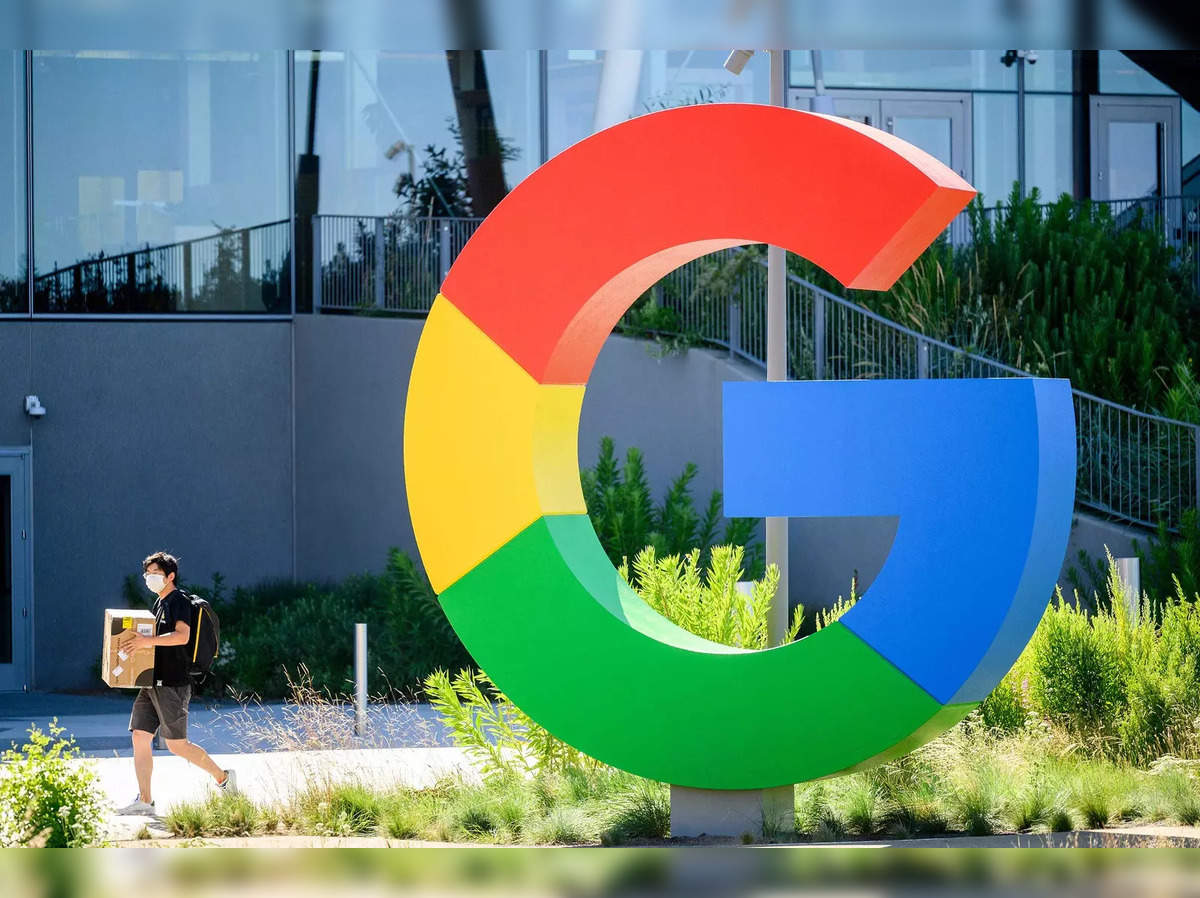Google News

Sponsored by Stirista • June 24, 2024 •

While Google’s latest delay in deprecating third-party cookies in Chrome might offer some reprieve for teams still behind on post-cookies prep, it also underscores the intricate landscape of digital advertising. The delay, attributed to “ongoing challenges related to reconciling divergent feedback from the industry, regulators and developers” in a recent Digiday article, emphasizes the need to map the post-cookies landscape.
More than half of marketers are unprepared for a future without cookies — threatening an estimated ad revenue dip of up to 70% — and they’re seeking solutions to fill the gap cookies will inevitably leave. However, forward-looking teams are now using the extended timeframe to further prepare for the end of third-party cookies instead of waiting until the last minute. They’re auditing and testing their current setups, analyzing multiple post-cookie solutions and focusing more on first-party data.
Teams are auditing business functions to identify those most reliant on cookies
Conducting a third-party cookie audit can help maintain a competitive advantage. By better understanding current cookie profiles, marketers can strengthen their flexibility for whatever lies ahead.
During the audit process, ad teams review current targeting and personalization strategies, ad delivery systems and data management practices to identify third-party cookie dependencies. Metrics that can help in this process include the percentage of ad spend dependent on cookies, the volume of data reliant on third-party sources and the performance metrics of cookie-based campaigns.
The first step requires teams to define efficiency.
“Efficiency for some people means, ‘How do I make more money? How do I move faster?’” said Henry Olawoye, vice president of audience solutions at Stirista. “Things are always moving forward, so you need to think ahead for the future. Put someone in your organization in charge of a task force that meets regularly. Set goals, outline your objectives and cross them out as you move toward the goal, and that will help ensure your team is ready for the official post-cookie landscape.”
Once marketers have their list, it is essential to the process to set priorities in the areas that contribute most significantly to the organization’s marketing goals and understand what keeps the business afloat and makes it the most money.
Multiple needed solutions add urgency to post-cookie planning and testing
Many of the proposed identity solutions for the post-cookie world are still in the nascent stages of development and implementation, so it’s unclear whether the anticipated 70% lost revenue is recuperable based on available technologies. When asked how they plan to respond to cookies going away, 60% of marketers expect they’ll need multiple approaches to thrive in a post-cookie world.
Finding the right mix will depend on evaluating the organization’s goals and needed outcomes.
“The companies that take an exhaustive look at alternative ideas and policies are in better standing,” said Olawoye. “If you’re big on data monetization, you probably want to work with IDs that are easy to transact upon or tied to marketplaces. Ultimately, the KPIs matter. What are your brand objectives and use cases? Test what works for you.”
Furthermore, conducting A/B tests to evaluate cookie alternatives, like universal IDs, contextual targeting and first-party data — and then assessing the effectiveness and impact of each — can help identify winning combinations.
“Treat every ID the same and be very clear about what you’re testing,” Olawoye said. “Test for at least a quarter to spot trends versus coincidences in what’s happening and compare to the instances you have documented. Test against the criteria you determine is useful, not what the ID solution provider tells you to test.”
Email data will help solve marketing challenges in a cookieless world
As marketers strengthen their efforts to collect and leverage first-party data gathered directly from consenting consumers, email addresses are emerging as valuable post-cookie identifiers.
“Unlike cookies that track browsing behavior, emails provide a more direct connection to the users and are collected with user consent,” said Olawoye. “Most people don’t get rid of emails; it’s a part of who they are, so you have to be upfront about why you’re collecting the emails and how you’re using the data. And there has to be an incentive to share email addresses — exclusive discounts, early access to content, loyalty programs.”
While email is strong and will likely be a preferred identifier for many, incorporating additional identifiers will set companies apart. Layering IDs on top of emails allows marketers to measure success in many ways and future-proof their businesses.
As teams seek a partner to help them in their post-cookie data journey, there are a few characteristics they can keep in mind to help them as they evaluate.
“Find a company that has similar morals, guiding principles and a level of transparency, and align yourself with them for a clear line of communication and to test out different technologies and exchange results,” Olawoye said.
Google’s latest cookie delay doesn’t mean marketers should stop what they are doing to prepare. Marketers continuing to audit and test their current setups, analyzing multiple post-cookie solutions and focusing on first-party data are ensuring their success in a post-cookie world.
Sponsored by Stirista
https://digiday.com/?p=548650
More from Digiday
“This is another adorable constituent!!”
“While Google’s latest delay in deprecating third-party cookies in Chrome might offer some reprieve for teams still behind on post-cookies prep, it also underscores the intricate landscape of digital advertising.…”
Source Link: https://digiday.com/sponsored/googles-delays-aside-why-marketers-cant-pause-post-cookie-planning/?utm_campaign=digidaydis&utm_medium=rss&utm_source=general-rss
#GoogleNews – BLOGGER – GoogleNews